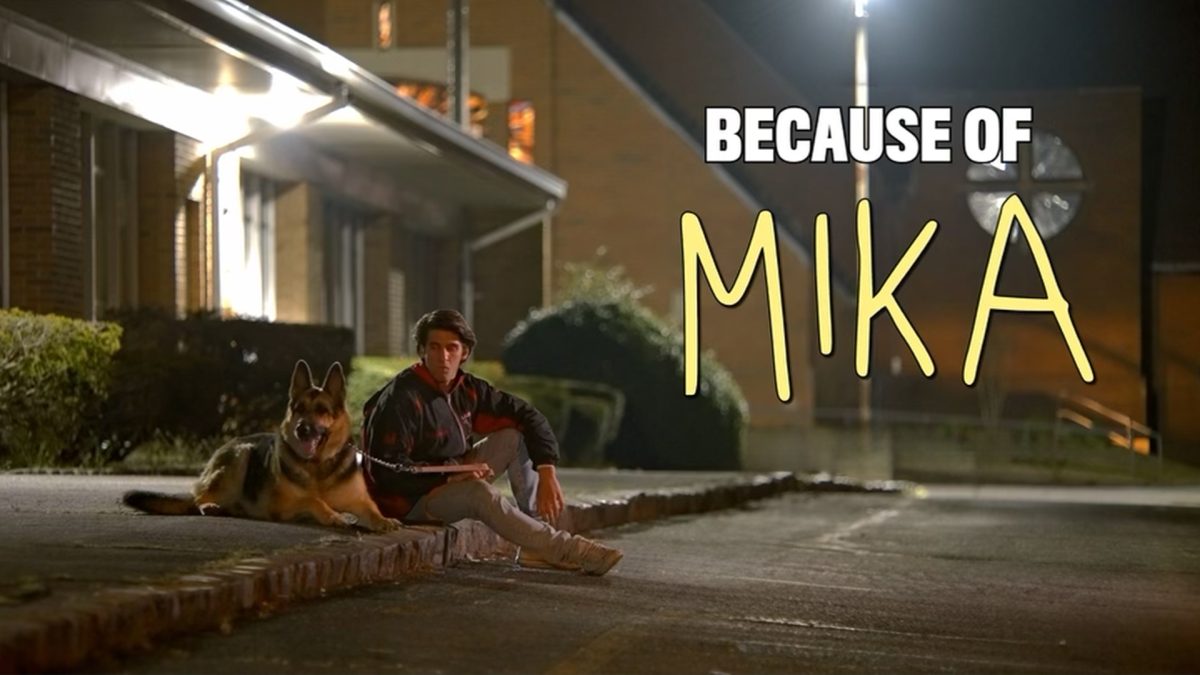For decades, the movie industry has shaped values, influenced perceptions, and impacted entire generations. Yet, long before the push for equality, there were pioneering women in film whose creative contributions were largely unrecognized, and in many cases, stolen.
These women, resilient and almost forgotten, played a vital role in shaping the cinematic world.
Now, Mercy University is offering a new class, Women of Film, led by the esteemed Prof. Steven DeRosa.
DeRosa, a published author known for his book Writing with Hitchcock, has been teaching cinema studies and screenwriting in the School of Liberal Arts at Mercy University for 13 years. He is now introducing a new lecture that spotlights the often-overlooked contributions of women in the film industry.
“When we talk about pioneers in the film industry, it’s always men like D.W. Griffith and George Méliès,” DeRosa explains. “But rarely do we hear about Alice Guy, the mother of narrative film. Back then, motion pictures were seen as a novelty, and the men developing the technology didn’t see its full potential.”
Over the years, women have faced significant challenges in gaining recognition for their contributions to the film industry. DeRosa’s main goal for the course is to inspire students while ensuring that these often-overlooked women receive the recognition they deserve.
“We need to correct history,” DeRosa emphasizes.
The history of women in film is rich and complex, marked by significant achievements and ongoing struggles. Through DeRosa’s lectures, it becomes clear that the narrative of women in film reflects a continuous battle for recognition, respect, and equal opportunities.
Adding programs like this is critical to rectifying historical oversights, allowing students passionate about film to understand and appreciate this vital aspect of cinema history.
Mercy University is fortunate to have DeRosa, who has significantly enriched the curriculum with his film course.
“The majority of the films selected for Mercy’s international film festival in the last four years were directed by women,” DeRosa notes, a realization that inspired him to develop his next course.
DeRosa has had a long-standing appreciation for film, fueled by a passion ignited during his high school years.
“I wanted to take a graphic design class back in college, but I was always getting closed out. Then, one semester, I saw that the author of a Hitchcock book was teaching a class on Hitchcock at another university, and I jumped at the chance.”
After taking a lecture from one of his favorite authors, DeRosa discovered his true passion for film. Now, he is dedicated to sharing the magic of this industry with others.
“Hitchcock was my introduction to understanding that a movie is more than just entertainment” DeRosa explains.
As he teaches Women of Film, he understands the critical importance of accurately conveying this rich and complex history.
Reflecting on the groundbreaking film A New Leaf, directed by Elaine May, he points out, “That was the first studio picture directed by a woman in 20 years—why was that the case?” Despite its success, director May faced immense challenges; after delivering her cut of the film, the studio took control, denying her the recognition she deserved.
This exemplifies the systemic difficulties women have faced in the industry.
“After that, she didn’t direct much,” DeRosa laments, highlighting the plight of countless forgotten artists. He adds, “The directors’ guild emerged when the film industry moved to California. Editors and other film crafters formed unions that excluded female members, effectively forcing women out of the industry.”
Fortunately, over the years, studios have begun to recognize the invaluable contributions of women in film. Figures like Kathryn Bigelow, Ava DuVernay, and Greta Gerwig are now celebrated in the industry, yet challenges persist.
“The more people know the true stories of these women and their contributions, the better equipped we will be to protect their rights as artists,” DeRosa emphasizes.
Women in Film is not just a course – it’s a culturally enriching experience that challenges students to think critically about the narratives that have shaped cinema.
“I also take my students to the Alamo Cinema, where we watch specific films together,” DeRosa shared. This hands-on approach fosters a deeper appreciation for the artistry of filmmaking and allows students to honor the pioneering women who have left their mark on the industry.
By exploring the untold stories of female directors and their contributions, students will not only gain a richer understanding of film history but also become advocates for equality in the arts. DeRosa invites everyone with a passion for cinema to join this enlightening journey.
For those eager to learn more about the film program at Mercy University or to enroll in Women in Film, reach out to Professor DeRosa at [email protected].









